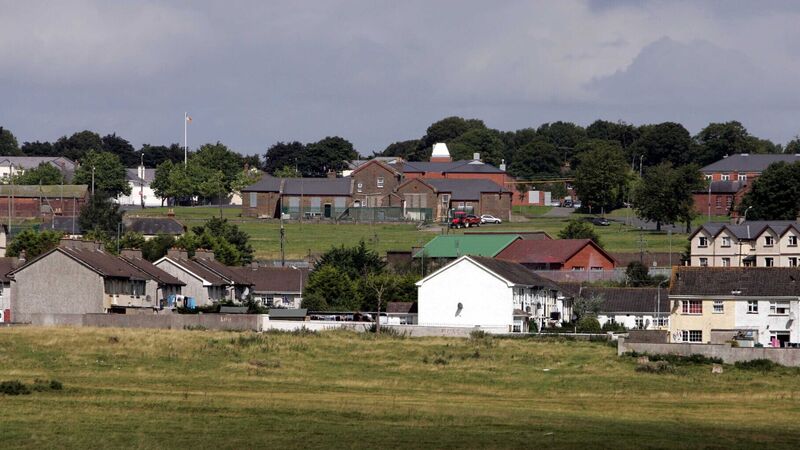Army captain's sex assault was an 'aberration' in otherwise 'glittering career', lawyers argue

The Defence Forces military camp on the Curragh in Co Kildare. File Picture
A former army captain's sexual assault on a female soldier was an “aberration” in an otherwise “glittering career” and his dismissal from the defence forces was a “disproportionate” punishment, his lawyers have told the Court of Appeal.
However, Counsel for the Director of Military Prosecutions submitted that Ross O’Shea invoked his rank during the assault, leaving the victim feeling she could not defend herself due to her training and the “innate deference” officers have for their superiors.











